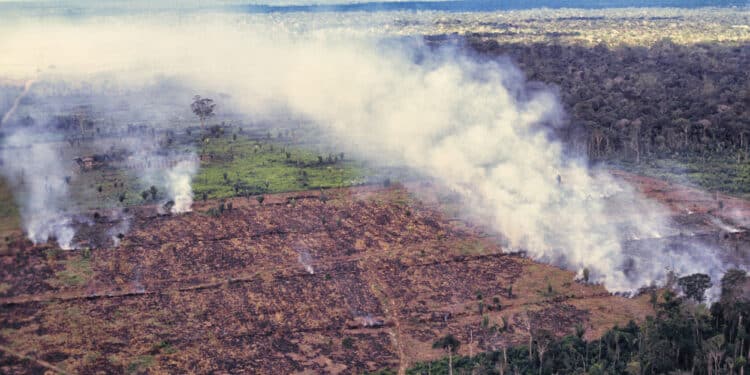On March 24, leading voices in the movement towards combating environmental crime met to discuss the current state of the matter, and how whistleblowers fit into the solution. Stephen M. Kohn, founder and chairman of the National Whistleblower Center, was joined by Maria Adomeit, Crime Prevention and Criminal Justice Office at UNODC, and Hendelene Prinsloo, Senior Intelligence Analyst at the Wildlife Justice Commission. Syeda Mehar Zehra, Sanctions Compliance Manager at HBL Bank Pakistan, moderated the event hosted by the Wildlife Justice Commission and the International Anti-Corruption Academy. The National Whistleblower Center and the Wildlife Justice Commission are currently partnered to advance the role of whistleblower’s in relation to combating environmental crimes.
Kohn, also a founding partner at Kohn, Kohn, & Colapinto LLP and author of The New Whistleblower’s Handbook, centered his presentation around the current laws guiding environmental whistleblowers, and highlighted some best practices for going about blowing the whistle on anything from illegal fishing, wildlife trafficking, and illegal lumbering, to [something] ocean pollution.
While a handful of laws were born out of the United States, they have standing internationally, where most wildlife whistleblowing originates.
“Anybody who says that these whistleblower laws won’t work in their country, are unique to the United States, or can’t operate in a developing country, well they’re not telling you accurate information,” Kohn said. “This is transnational.”
Kohn argued that the laws are there but need to be utilized.
“These laws need to be implemented, enforced, and carried on worldwide, and they need to target some of the worst forms of corruption that deal with the environment, with wildlife, with fisheries, with timber, and with crimes that are really destructive and very hard to [remedy].”
The nature of these crimes, Kohn notes, makes their impact much more catastrophic than something strictly financial.
“If it’s a bank fraud, then they will just collect the money later on,” Kohn said. “But if you destroy a forest, it may take a little time to fix that. If ever.”
Kohn outlined the ideal environmental whistleblower, pointing out both their unique position and dangerous circumstances.
“You need the insider,” Kohn said. “You need the person with the good evidence that can actually trigger a successful prosecution. And that always tends to be an insider. The insider has the most to lose, not just their job, obviously, or their career, but they might be in physical danger. Because they’re closely associated with those who are engaged in the illegal activity. They have to learn that the best whistleblower practice is quite simple: anonymity and confidentiality.”


